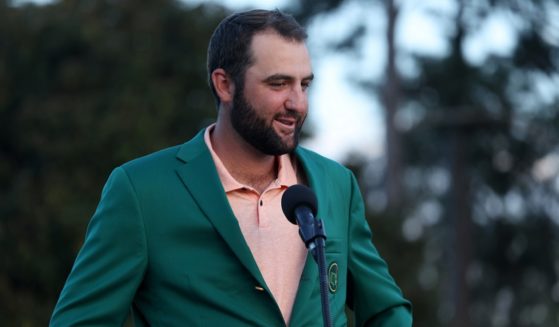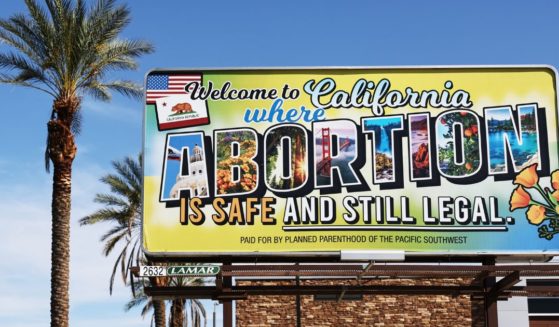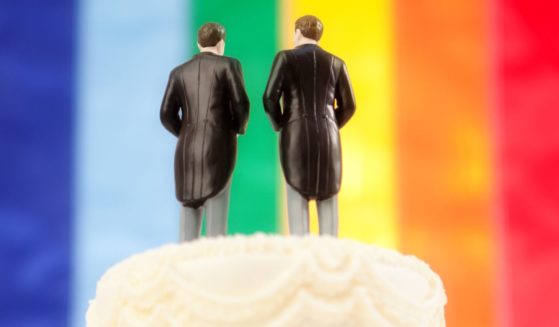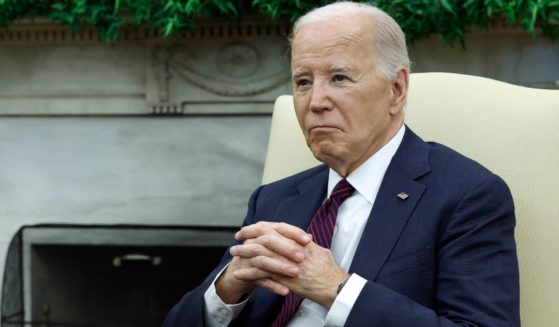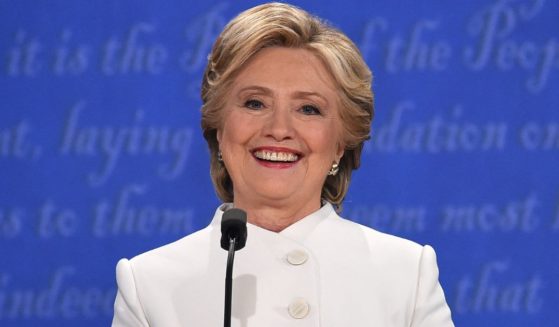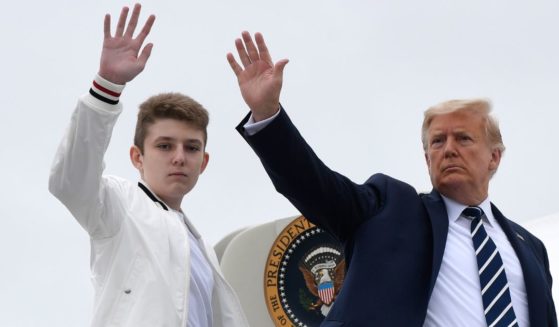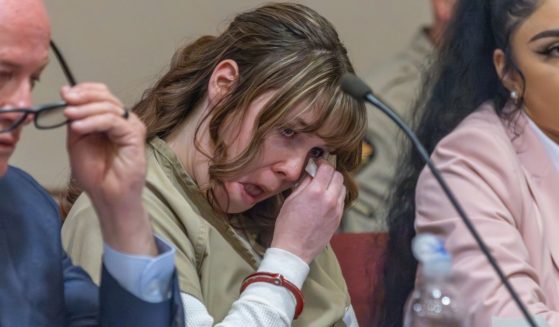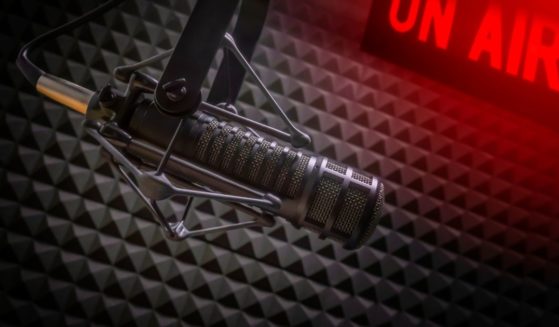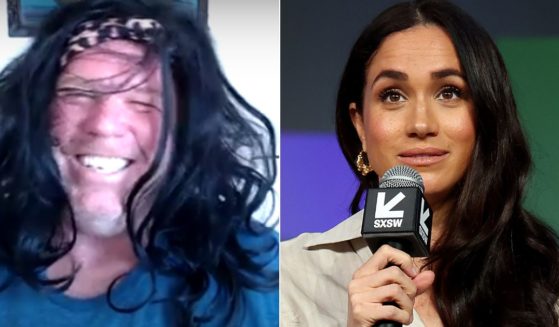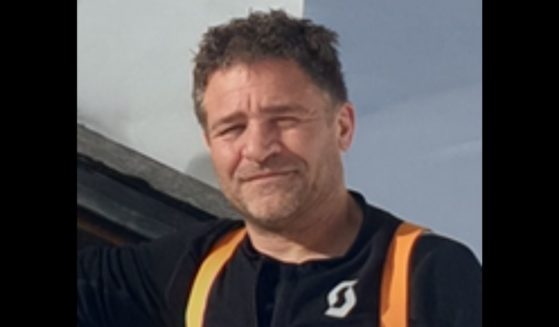Sciascia: George W. Bush's 'Bullhorn Address' Was a Masterclass in Leadership
As Americans cleared the rubble and mourned roughly 3,000 dead following the tragic Sept. 11 terrorist attacks in 2001, then-President George W. Bush did what best he could to nurse a broken nation back to health.
That effort truly took on legs in Manhattan on Sept. 14, when Bush draped his arm around retired firefighter Bob Beckwith amid the devastation at Ground Zero and delivered a powerful, emotional address now known as the “bullhorn speech,” according to KSAZ-TV.
“I want you all to know that America today,” Bush said, “America today is on bended knee, in prayer for the people whose lives were lost here, for the workers who work here, for the families who mourn. This nation stands with the good people of New York City and New Jersey and Connecticut as we mourn the loss of thousands of our citizens.”
As rescue crews stood amid the rubble, a voice cut through to the front of the crowd: “We can’t hear you!”
There was a brief, pregnant pause as the president leaned back, adjusting the megaphone.
“I can hear you!” Bush called out in response. “I can hear you, the rest of the world hears you and the people who knocked these buildings down will hear all of us soon.”
The interaction, now ingrained in the collective American consciousness, would fast become one of the most iconic moments of the early 21st century.
Nearly 19 years later, the scene remains burned in the minds of those old enough to remember it.
The former president’s words still raise hairs and provoke tears.
Empathetic, indignant and empowering, they were exactly what Americans needed to hear in that moment.
Would the closing words, paired with Bush’s equally famous Sept. 11 emergency television address and subsequent Jan. 29 “Axis of Evil” speech, provide much of the rhetorical and emotional fuel for almost two decades of incredibly costly, and at times poorly justified, armed conflict in the Middle East? Certainly.
But hindsight is 20/20 and that article has been written many times, many ways, by anti-interventionist minds far greater than my own.
What has gone criminally understated in recent years, however, is the fact that the “bullhorn speech” itself was, above all else, a masterclass in leadership — firm, compassionate and uniquely American leadership.
In a democratic republic where government rules by the consent of the governed, we expect the voice of the people to be heard.
When tragedy strikes, we no longer expect but require such things.
This is what makes Bush’s response to the rescue crews so powerful.
To take a simple “We can’t hear you” from someone listening in the crowd at Ground Zero and extend it beyond the literal, telling not only the immediate audience but the wider American audience they were not alone, and that their hurt and their mourning and their prayer was being heard the world over — that is true leadership.
It is a rare type of leadership we frequently ask of our elected officials.
Yet, we almost never remember to display it in our own lives.
#September11 pic.twitter.com/0ha8jDM7An
— Larry Elder (@larryelder) September 11, 2020
So often at this time of year, we see ourselves and our fellow Americans yearning for the unity of Sept. 12, 2001.
“I would never want another 9/11, but I miss the America of 9/12,” we write and re-post on social media.
“Stores ran out of flags to sell because they were being flown everywhere. People were Americans before they were upper/lower class, Jewish/Christian, Republican/Democrat. We hugged people without caring if they ate Chick-fil-A or wore Nikes,” the posts read.
“On 9/12, what mattered more to us was what united us, not divided us.”
Taking a moment to watch as Bush’s “bullhorn speech” recirculates this year, however, I wonder if “I can hear you” is the secret to such unity.
Could we simply make an effort to hear our friends, political opponents and countrymen?
Could we simply make an effort to love them as we love ourselves?
And could that carry us further from tragic days like Sept. 11 and closer to united days like Sept. 12?
Truth and Accuracy
We are committed to truth and accuracy in all of our journalism. Read our editorial standards.

